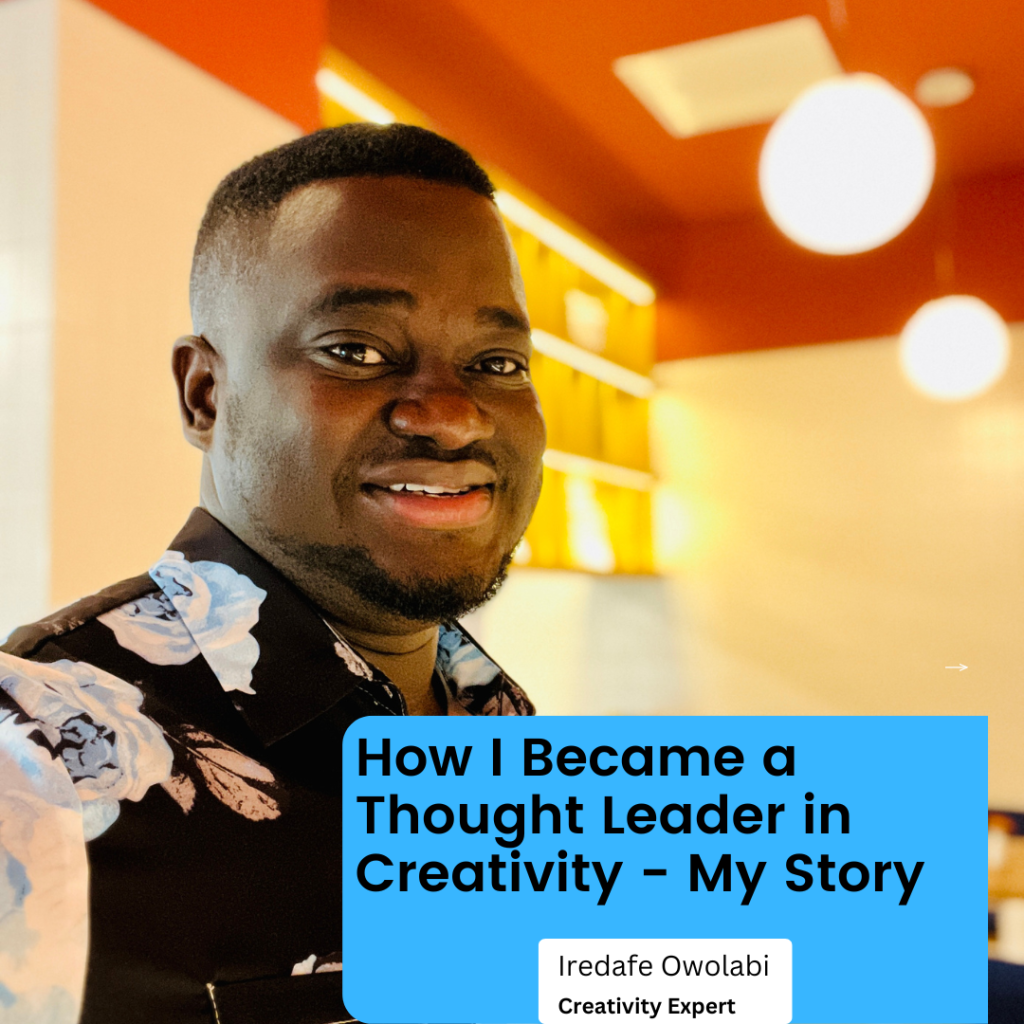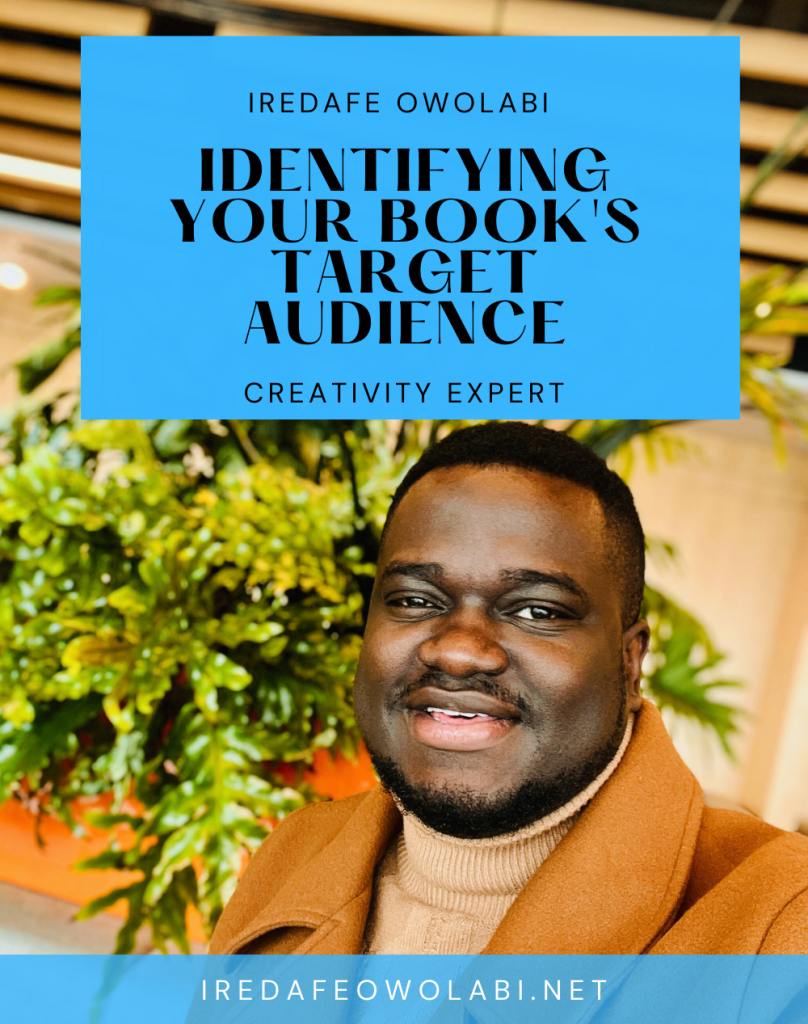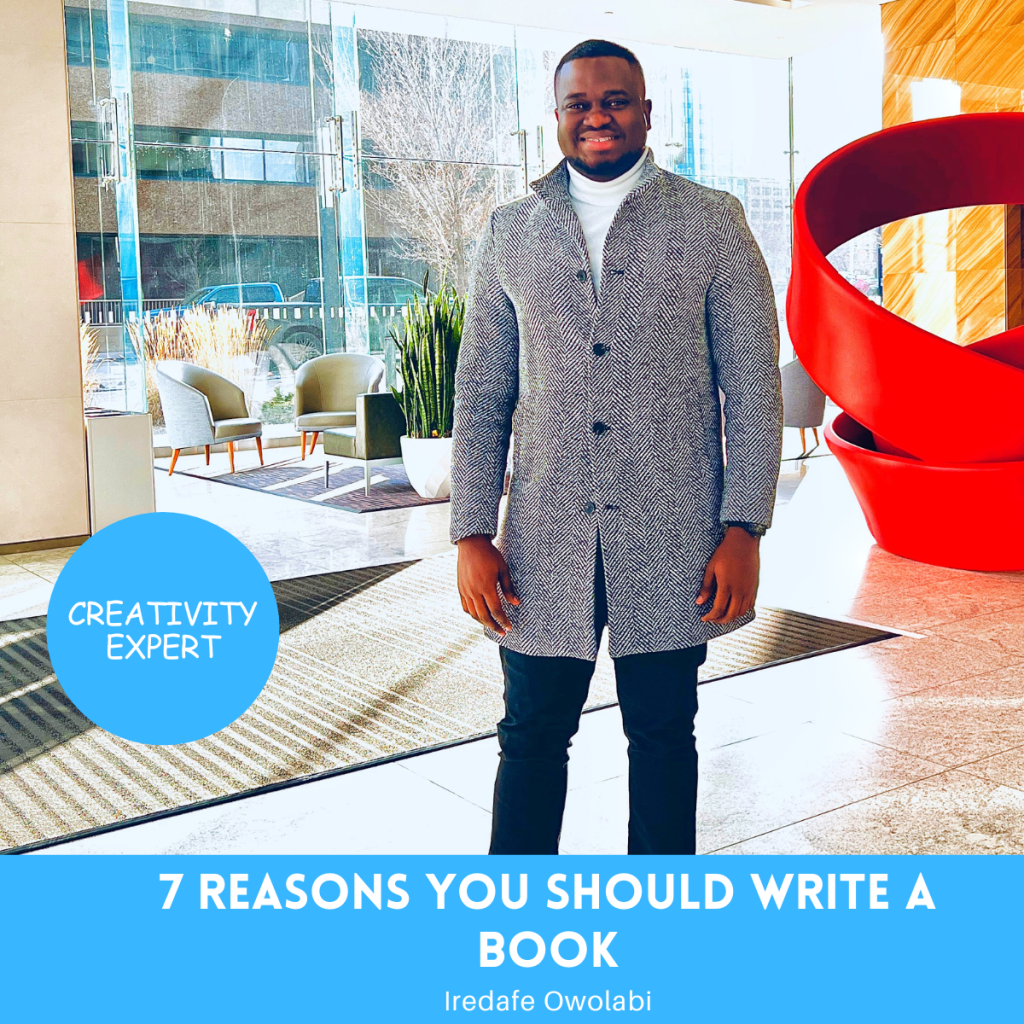3 Steps To Go From Writing a Book To Financial Success
https://youtu.be/XoRo630jsuc Turn Your Desire for Writing a Book into Financial Success Have you ever dreamed of becoming a successful author, only to feel overwhelmed by the challenges that come with writing a book? You’re not alone. Many aspiring authors face a myriad of doubts, from how to start their writing journey to questioning if their efforts will ever be financially rewarding. In this blog post, we’ll explore how you can transform your book fantasy into a financial fortune, drawing inspiration from the principles and success stories shared by renowned authors. Breaking the Myth: Are Books Still Relevant? First, let’s address a common misconception that many people face— the belief that books are no longer relevant in today’s digital age. This couldn’t be further from the truth. Books remain a powerful medium for sharing ideas and connecting with audiences. Not only do they continue to sell in large numbers, but they also set the foundation for greater opportunities such as public speaking engagements, consultancy roles, and digital media transformations. Additional Reading What Should I Write a Book About? 14 Hot Book Ideas Writing Your Book – The 8 Devastating Myths Stopping You Identifying Your Book’s Target Audience – 15 Hot Markets of People Who Will Buy Your Books, eBooks and Audio Books Why You Need to Birth Your Brainchild 4 Levels Of Wealth Creation – Inspired By Myron Golden 5 Steps To Overcome Creative Blocks Finding Your Path: Why Writing a Book Matters Writing a book is not just about monetary gain; it’s about establishing credibility and authority in your field. By publishing a book, you solidify your presence as a thought leader. The term “author” itself is derived from “authority,” highlighting how writing a book can significantly elevate your status in any industry. Whether you’re in construction, real estate, finance, or any other sector, a book will set you apart, making your expertise known. Furthermore, a book helps cultivate a community around you. By gathering people who resonate with your ideas, you foster a deeper level of engagement and trust. This community then becomes integral when expanding your reach and influence, forming genuine connections that go beyond mere readership. Overcoming the Hurdles: The Story Behind the Success To understand that success is achievable, consider renowned authors like Jack Canfield and J.K. Rowling. Jack Canfield, an ordinary school teacher, went on to co-create “Chicken Soup for the Soul,” a book that faced over 130 rejections before becoming a massive success. Similarly, J.K. Rowling, initially a struggling single mother, faced numerous rejections before finding a publisher for “Harry Potter.” Today, their stories of perseverance serve as a testament that anyone can achieve monumental success through writing. These success stories highlight essential takeaways: Persistence in the face of rejection, leveraging existing systems and support, and believing in the worth of your narrative can guide you toward your own breakthrough. If you’d like to discover the 5 biggest mistakes that makes most authors and aspiring authors broke, get my free publishing profits checklist here. Crafting Your Success: Connecting with an Audience A critical step toward transforming your book fantasy into reality involves connecting with your audience. Here are some strategies to help you achieve just that: 1. Identify Cravings: Begin by understanding the needs and desires of your target audience. Your book should answer a question or solve a problem that resonates with them. Writing a book solely because you want to can lead to limited reach and engagement. Instead, cater to what your potential readers earnestly seek. 2. Deliver Transformation: A book isn’t just about the words on the pages; it’s about the transformation it brings to its readers. Aim to provide insights and revelations that will impact various aspects of their lives. Consider the diverse nature of your audience and tailor your narrative to address their unique circumstances, ensuring each reader can glean valuable takeaways from your work. 3. Distribution and Diversification: Modern technology allows you to distribute your book in multiple formats—print, digital, audio, and even as online courses. Broadening distribution channels not only expands your reach but also maximizes potential income. In doing so, your book becomes a versatile asset generating continual cash flow, leveraging new and existing markets. Read this blog if you have a book idea but don’t know where to start: Writing Your Book – The 8 Devastating Myths Stopping You Unlocking Financial Fortune: Building Wealth By Writing a Book As you become established, your book sets the stage for numerous opportunities beyond direct sales. It can lead to speaking engagements, media appearances, collaborations, or even the foundation of a larger enterprise—just like Jack Canfield’s book series turning into a successful business listed on NASDAQ. Consider hosting workshops or webinars where you can delve deeper into your book’s topics, further building your reputation as an expert. Engage with your audience on platforms that allow interactive participation, such as podcasts or social media channels, to foster community and trust. Write Your Book Already: Begin Your Journey Today The path from aspiring author to financial success is grounded in dedication, smart strategies, and leveraging opportunities beyond traditional publishing routes. By deeply understanding your audience, delivering impactful content, and embracing various distribution methods, you can turn your book fantasy into a meaningful and profitable reality. Remember, every successful author started as a dreamer. Take the first step, and with perseverance and the right approach, you can also achieve your literary and financial aspirations. Embrace the journey, for the story of your success is waiting to be written. What is the single biggest challenge stopping you from writing and profiting from your book idea? Let me know in the comments below.
3 Steps To Go From Writing a Book To Financial Success Read More »








